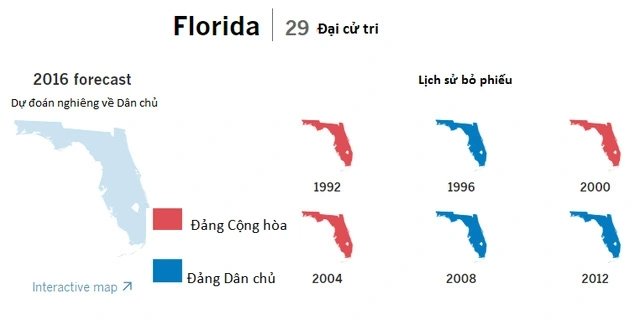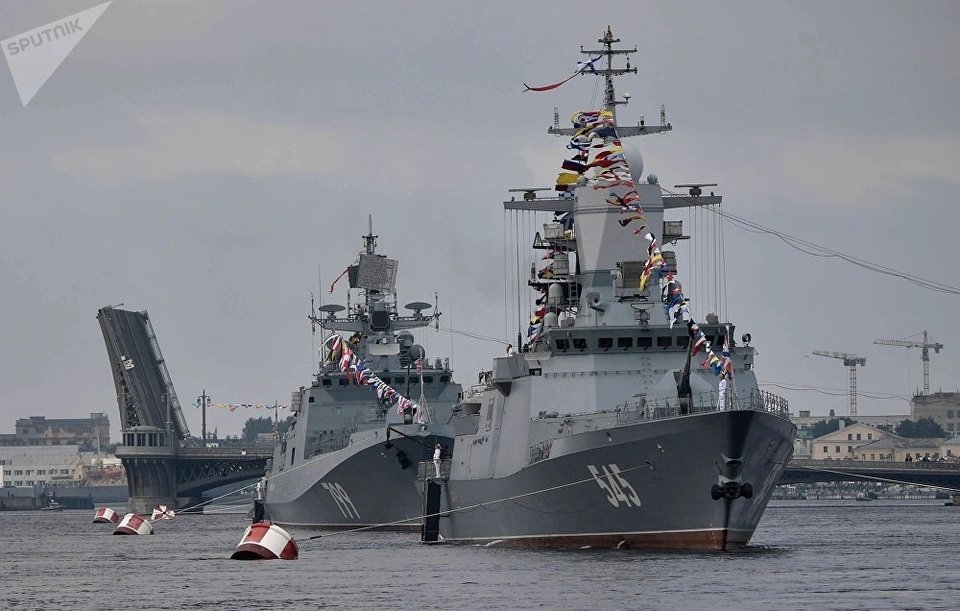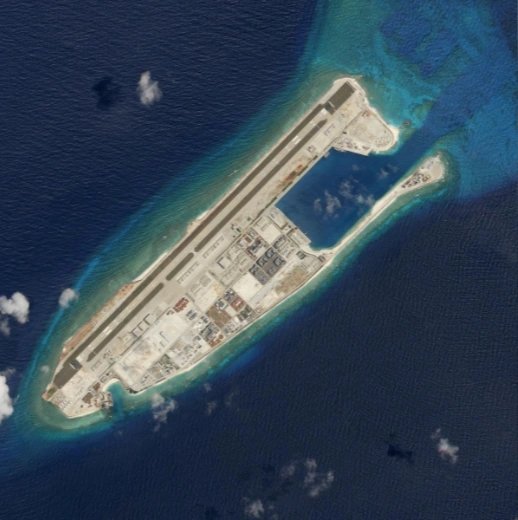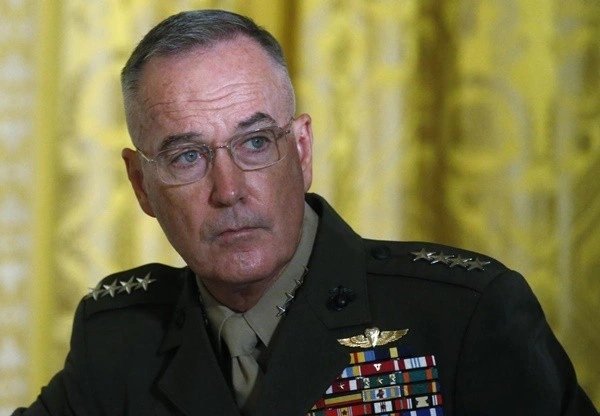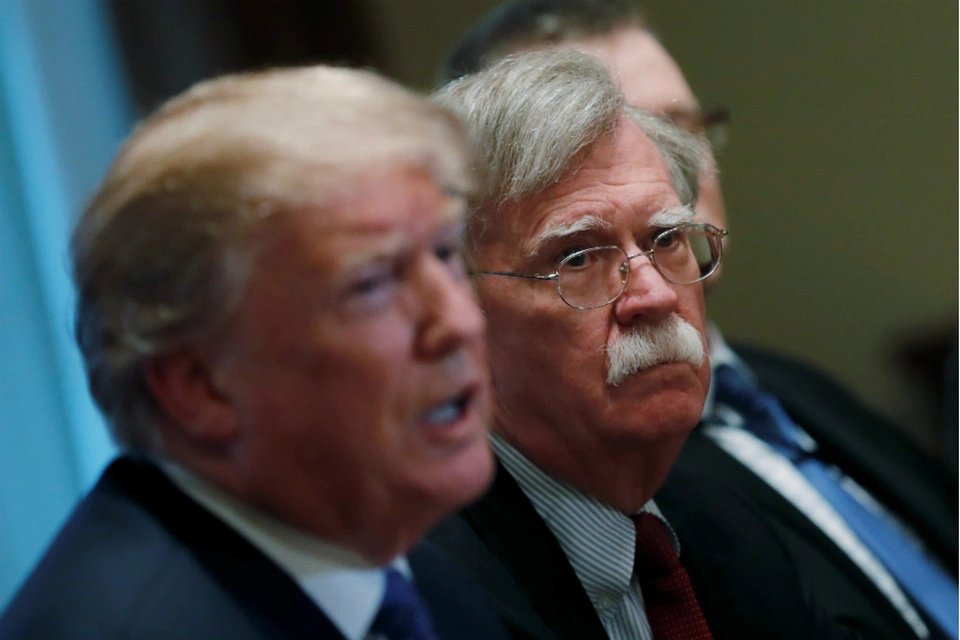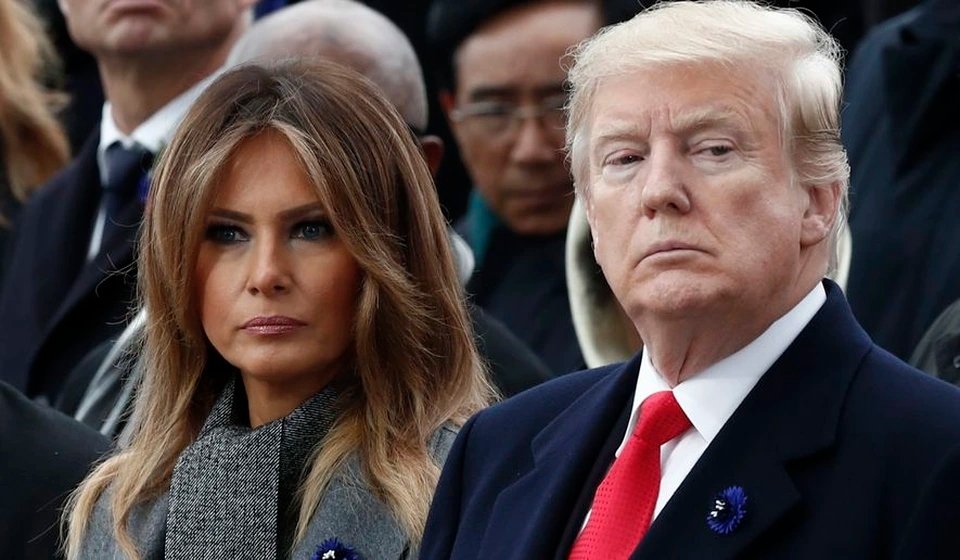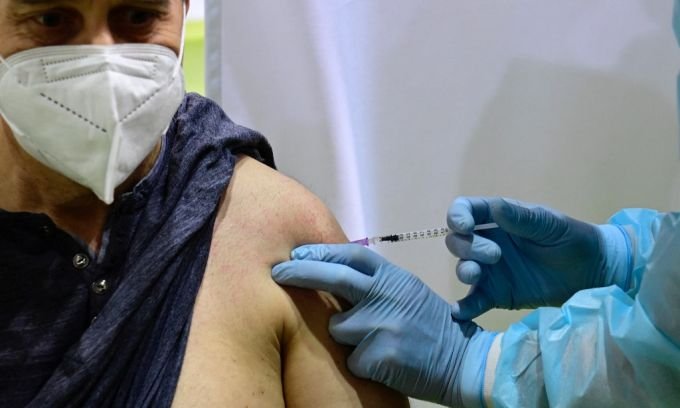
Just a few days ago, French officials still called on people to trust the Covid-19 vaccine developed by British-Swedish pharmaceutical company AstraZeneca in cooperation with Oxford University, a vaccine that is expected to help the country speed up the vaccination campaign.
However, French President Emmanuel Macron announced yesterday that they would stop deploying AstraZeneca’s vaccine as a precaution, after information about blood clotting in vaccinated people, even serious cases to the point of death.
Italian police yesterday also began recalling nearly 400,000 doses of the AstraZeneca vaccine at the request of prosecutors investigating the death of a teacher after vaccination.
In Germany, a country that has supported the AstraZeneca vaccine despite concerns from other countries, Health Minister Jens Spahn also called the decision to stop vaccination `simply a precautionary measure`.
Spain also followed in the footsteps of the above countries.
A person is vaccinated with AstraZeneca’s Covid-19 vaccine at a vaccination center in Berlin, Germany, on March 8.
However, many officials and immunology experts worry that Europe is wasting precious time in the race against highly contagious nCoV variants, amid the third wave of the pandemic sweeping the continent.
`This is a disaster. Many people are eagerly waiting for the vaccine,` said Heike Werner, head of the Thuringia state health agency in eastern Germany.
`I understand why you don’t vaccinate, out of fear of unexplained decisions. I understand and I’m sorry, because you would have to take a serious risk to avoid an insignificant risk.`
The decision to suspend AstraZeneca vaccination by European countries was also made at a time when the vaccination campaign on the continent lagged far behind that of the UK and the US.
In addition, AstraZeneca firmly defends its vaccine, saying there is `no evidence` that the product increases the risk of blood clots or bleeding, considering the more than 17 million people who have been vaccinated in the European Union.
In fact, the UK approved AstraZeneca’s vaccine at the end of December 2020 and has injected 9.7 million doses, as of the end of last month.
`The number and nature of adverse reactions reported to date are not unusual, compared with other commonly used vaccines,` the UK’s most recent vaccine safety report said.
Among the millions of people who have received the AstraZeneca vaccine in the UK, 14 cases were recorded of deep vein thrombosis, which is blood clots that form in blood vessels and cause blockages, and 13 cases of pulmonary embolism.
`We are carefully reviewing the reports. However, current evidence does not prove that the vaccine is the cause,` said Dr. Phil Bryan, of a British regulatory agency.
The World Health Organization (WHO) has pledged the safety of the AstraZeneca vaccine, and the EMA approved it after monitoring about 5 million injections across Europe.
Amid doubts surrounding the AstraZeneca vaccine, more and more countries plan to or have imposed new blockade measures.
On March 15, Italy expanded strict movement restrictions nationwide, raising concerns that the country would sink deeper into an economic and mental health crisis, while the vaccination campaign continued.
The quiet on the streets of Rome and elsewhere evoked memories of a year ago, when Italy became the first European country to lock down in exchange for some small progress in the fight against the pandemic.
`The second wave and the third wave, I can’t count anymore. I feel confused and disappointed,` said Barbara Lasco, a 43-year-old woman in Milan.
Achievements in epidemic prevention once appeared almost throughout Europe, but now they have stagnated.
On the same day, Italian Prime Minister Mario Draghi warned that the country was facing a `new wave of infection`, due to the emergence of more and more new variants of nCoV.
On March 15, Iacopo Benini, a 32-year-old professor, canceled his AstraZeneca vaccination appointment just 20 minutes before the appointment in Milan.
`Now who will get the AstraZeneca vaccine?`, Benini said.

